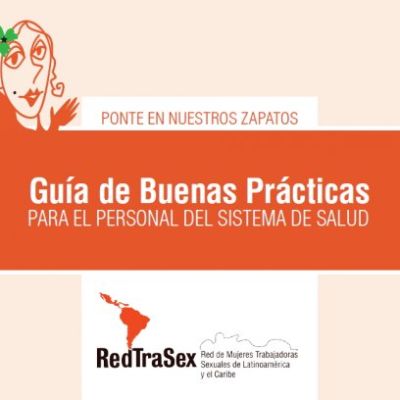Sex Work and Sexuality
Imtiaz Ali’s 5-minute film begins as any trite gangster flick but rapidly flips things around both in narrative and in audience perception.
I’m convinced we’re having the wrong conversation around digital porn. If we really want to have a meaningful conversation around porn, it’s time we stopped talking about its imagined harms. It’s time we started talking about actual harms. It’s time we started talking about the fault lines of consent.
“How different it would be if for a moment health care providers could feel what we feel when we go to a hospital and are challenged…”
And so, the women sex workers of RedTraSex (Network of Women Sex Workers from Latin America and the Caribbean) developed Ponte en Nuestros Zapatos (re-edited 2015). Now, reaching out to a wider community, is the brand new English version Walk in our Shoes: Good Practices Guide for Health Care Staff (2016, translated by Alejandra Sardá-Chandiramani). Yes, it is so brand new that it is not up on their website as yet, though we have permission to use it here.
सम्पादकीय नोट : इस लेख का पहला भाग अप्रैल के पहले संस्करण में प्रकाशित हुआ था सेक्स वर्कर के अधिकारों…
Is business work? Can business that involves providing sexual services be understood as work? If work is any mental or physical activity performed for a result, then for the individual performing the activity sex work is work. If work is any activity performed as a means of survival, then sex work is work.
Not only has evolving discourse on sexuality influenced the fate of how sex work is understood, but also with the growth of sex workers’ rights movements, discourses on sex work are now being able to influence how we think about sexuality. In our issues on Sex Work and Sexuality this month, we hope to be able to traverse some of these convergences.





